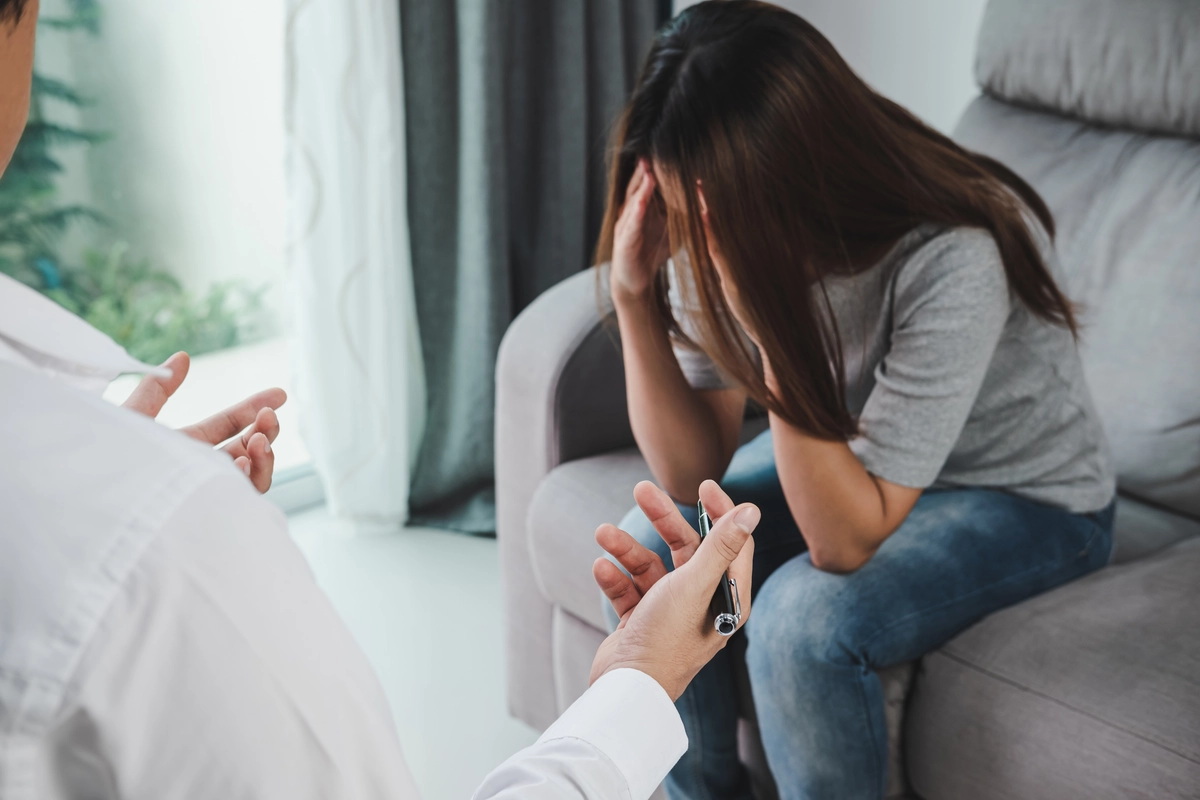24/7 Helpline:
(866) 899-221924/7 Helpline:
(866) 899-2219
Learn more about Couples Rehab centers in Coshocton
Couples Rehab in Other Cities

Other Insurance Options

UMR

Evernorth

Premera

Lucent

Sliding scale payment assistance

EmblemHealth

Optima

Health Net

Aetna

Magellan

CareFirst

Oxford

State Farm

Excellus

CareSource

MVP Healthcare

Self-pay options

Carleon

BHS | Behavioral Health Systems

Providence




Six County – Counseling
Six County – Counseling is a private rehab located in Coshocton, Ohio. Six County – Counseling speci...

Thompkins Child and Adolescent Services
Thompkins Child and Adolescent Services is a private rehab located in Coshocton, Ohio. Thompkins Chi...



































































































